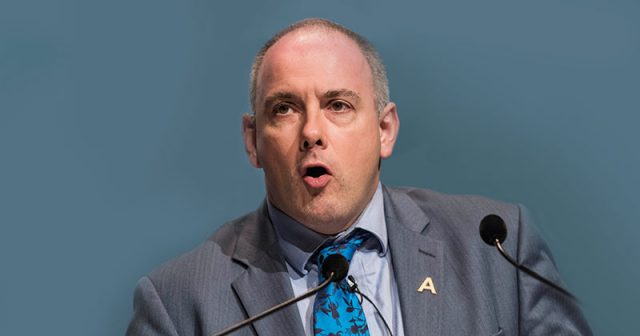A third of training providers that bid for the Education and Skills Funding Agency’s apprenticeship and adult education Covid-19 supplier relief scheme were rejected because they struggled to “prove need”.
The agency told FE Week that of the 165 applicants, 107 (65 per cent) “met the criteria for funding”.
All bidders have now been informed of their outcome, the process for which was supposed to be wrapped up by May 12 but had to be delayed after a “very small number” of providers suffered technology issues when attempting to submit applications.
The ESFA said providers that were unsuccessful can appeal the outcome “where they believe that the ESFA has failed to follow its own policy and / or processes, and / or that the ESFA failed to understand or recognise the evidence submitted in the application”.
Previous FE Week analysis found that only a quarter of eligible providers for the scheme had actually applied.
Karen Woodward, the ESFA’s deputy director for employer relations, told an FE Week webinar on Monday that many providers struggled to “prove need” for the financial support as a “number of them are not really facing huge cash flow problems at the moment”.
“Currently the guidance is only up until the end of June, and many of the providers have got sufficient cashflow, maybe have got reserves, and didn’t feel that it would be appropriate for them to apply at this stage under the rules of the Cabinet Office procurement notice,” she said.
Woodward described the supplier relief scheme as a “rigorous process” and that some providers did not feel “comfortable” in sharing the financial information that was being requested by the ESFA.
“It was looked at both by the further education directorate and also by the provider market oversight team. It was a deep look at whether people would be prepared to share some openbook work around the monies we were looking at. Some providers didn’t feel comfortable about some of that.
“But most of it was a failure to prove need. That there was such a requirement that you need a cash injection over the next few months and that you couldn’t actually manage that as an organisation in your own right.”
The Cabinet Office’s supplier relief policy, which the ESFA’s was based on, is currently set to finish at the end of June. FE Week asked the Cabinet Office if there were any plans to extend this, but a spokesperson said they have nothing to add to existing guidance.
The ESFA had come in for a lot of criticism over its handling of the relief scheme.
They took more than a month to launch the support after Cabinet Office gave contracting authorities the green light to pay their suppliers in advance of delivery on March 20, and when it was released, it excluded the majority of apprenticeship providers.
All apprenticeships recorded on the government’s digital system, mostly with levypaying employers, were made ineligible as the ESFA believes the contractual relationship is between the employer and the provider, rather than the government.
The Association of Employment and Learning Providers challenged this legally. James Goudie QC, a senior silk at 11KBW, as well as a deputy High Court judge and a master of the bench of the Inner Temple, was instructed by the law firm VWV to help present the case in a letter on behalf of the membership organisation.
The letter was sent at the end of April. The DfE has now responded and the AELP is currently deciding its next steps.

